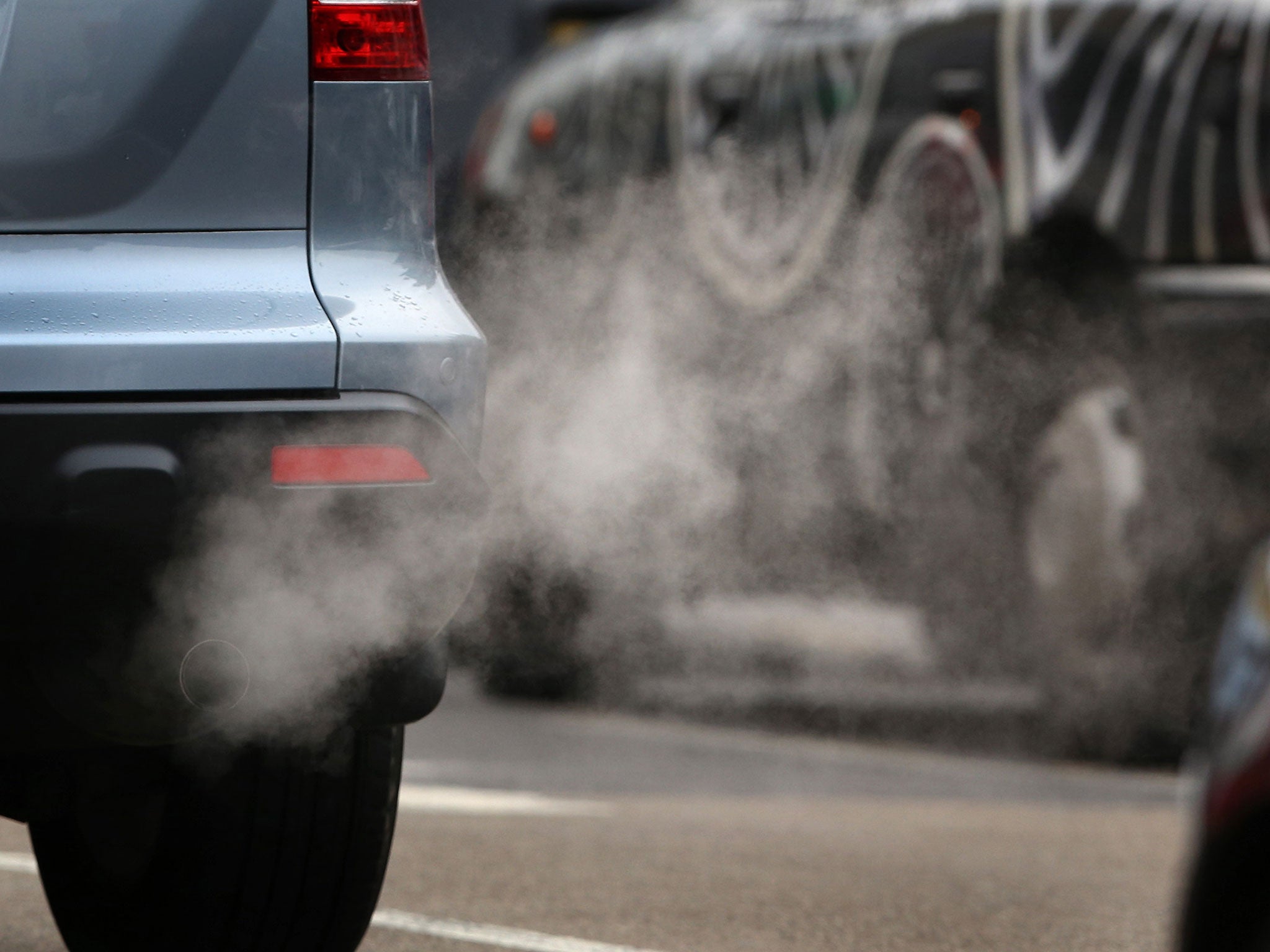If we want to tackle deadly air pollution, we should learn from the 1980s campaign for lead free petrol
The Clear campaign prompted Thatcher to introduce lead free petrol. Dr Robin Russell-Jones urges Boris Johnson’s government to take similar action over air pollution following the death of Ella Kissi-Debrah

The campaign waged by Rosamund Kissi-Debrah over the tragic death of her little girl Ella from asthma, compounded by illegal levels of air pollution in South London, can be compared with the drive to stop the addition of lead to petrol in the early 1980s.
Lead is a known neurotoxin and a study in 1979 showed a link between the lead found in children’s milk teeth and neuro-cognitive effects including a reduction in IQ of four to five points, reduced ability of children to concentrate, hyperactivity and increased frustration.
A Department of Health (DoH) report, named the Lawther report and published the same year, largely ignored the study and mistakenly concluded that the main route by which lead in petrol gained access to the human body was via inhalation. But a series of ground-breaking studies by the geochemist and earth scientist Clair Patterson had already demonstrated conclusively that most of the lead in natural ecosystems, and in many food-stuffs, was lead contamination from petrol, and that the true contribution of petrol lead to human intake was over 70 per cent. These data were also ignored in the Lawther report.
The Clear campaign was launched in 1981, and the Thatcher government accepted the case for lead free petrol in 1983, though the introduction was delayed by the then Chancellor Nigel Lawson who refused to introduce a tax-break for lead free petrol until 1988.
Over the next six years blood lead levels in British children fell by almost 80 per cent. In 2006, researchers in New York published the first in a series of studies involving exposure of non-smoking pregnant women to Polycyclic Aromatic Hydrocarbons (PAHs), a group of compounds that is generated by fossil fuel combustion and is emitted from the exhaust pipes of diesel vehicles.
Exposure to PAHs in utero is linked to developmental delay at three years old, an IQ reduction of four to five points at five years old, increased anxiety, depression and inattention at six to seven years old, reduced surface white matter in the brain at eight years old, and delayed self-regulatory behaviour that was most significant at 11 years old. These observations have not yet been replicated in the UK or elsewhere. Even so the situation may be worse in Europe as diesel vehicles represent a much larger proportion of the car market than in the US.
Since 2000, and as a result of tax breaks in favour of diesel-powered vehicles, the proportion of new cars in the UK which run on diesel has increased from 14 per cent of the new car market to almost 50 per cent. Levels of Benzo-a-pyrene, the only PAH monitored in the EU, increased by 52 per cent at traffic monitoring sites throughout Europe between 2000 and 2015.
Successive reports from Defra (Department for Environment, Food and Rural Affairs) have failed to address these issues. Instead they have focussed on pollution from agriculture, even though traffic emissions contain nanoparticles which are the most dangerous biologically.
On 16 December 2020, in response to the coroner's verdict on Kissi-Debrah death, it was reported the government was introducing ambitious new targets in the upcoming Environment Bill. In fact this bill contains no air quality standards at all, and efforts to introduce WHO limits into the bill have been defeated by the Tory majority on the Bill Committee. Some commentators have concluded that the Johnson government is clearing the decks for post-Brexit trade deals with countries that pay little or no attention to environmental standards.
Whatever the case, they cannot pretend that they were not warned. 64,000 is the current estimate of premature deaths that occur annually in the UK as a result of air pollution. I imagine that ministers and councillors all over the country are now consulting their lawyers as to their liability following the Kissi-Debrah verdict - the little girl that held a mirror to the face of this callous administration.
Dr Robin Russell-Jones is the former scientific advisor to the All Party Parliamentary Group on Air Pollution. He was formerly the Medical and Scientific Advisor to Clear, The Campaign for Lead Free Air from 1981-83, and the chair of Clear from 1984-89.

Join our commenting forum
Join thought-provoking conversations, follow other Independent readers and see their replies
Comments